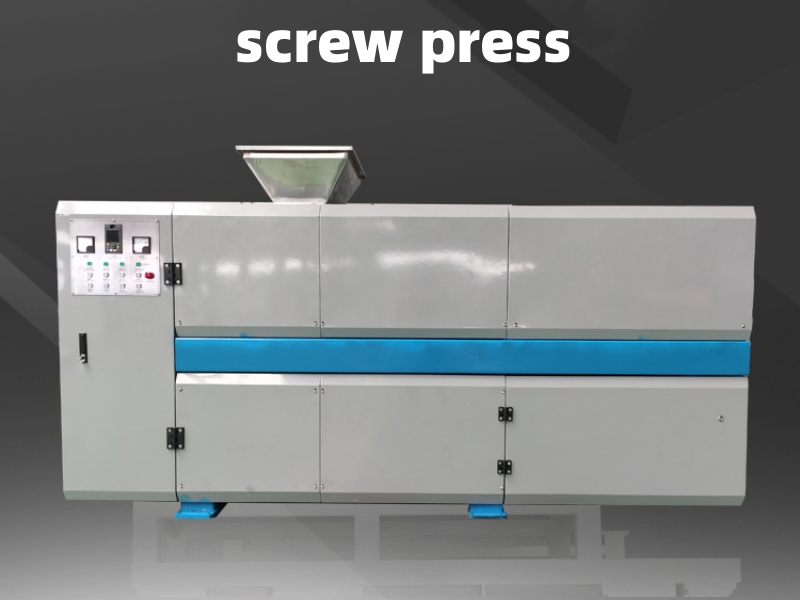
In the global effort to address environmental sustainability, the management of organic waste, particularly food waste, has become a critical concern. Food waste shredder dewatering machines have emerged as innovative solutions to efficiently process and manage organic waste in various settings, such as households, commercial kitchens, and industrial facilities.
Understanding the Food Waste Challenge:
Food waste poses a significant environmental problem, contributing to greenhouse gas emissions and landfill overcrowding. Traditional disposal methods often involve transportation to landfills, where decomposition releases harmful methane gas. To combat these issues, advanced technologies like food waste shredder dewatering machines have gained popularity for their ability to transform organic waste into valuable resources.
How Food Waste Shredder Dewatering Machines Work:
Shredding: The first step involves shredding the food waste into smaller particles, facilitating the subsequent stages of processing.
Dewatering: After shredding, the machine employs a dewatering mechanism to extract excess moisture from the organic waste. This reduces the weight and volume of the waste significantly.
Separation of Solids and Liquids: The dewatered waste is then subjected to a separation process that divides the remaining solid and liquid components. The liquid, often referred to as leachate, can be further treated or disposed of responsibly.
Composting or Energy Generation: The solid fraction, now reduced in volume and moisture content, can be utilized for composting or converted into bioenergy through anaerobic digestion or other energy-generation methods.
Benefits of Food Waste Shredder Dewatering Machines:
Environmental Impact: By diverting food waste from landfills, these machines contribute to reducing methane emissions and the overall environmental footprint associated with organic waste disposal.
Resource Recovery: The separated solid fraction can be repurposed as nutrient-rich compost, contributing to soil enrichment and reducing the need for chemical fertilizers.
Cost Savings: Efficient organic waste management can lead to cost savings in waste disposal and contribute to potential revenue generation through the sale of compost or energy.
Space Efficiency: The reduced volume of waste after shredding and dewatering allows for more efficient use of storage space, making these machines suitable for both small and large-scale operations.
Conclusion:
Food waste shredder dewatering machines play a crucial role in transforming the challenges of organic waste management into sustainable opportunities. As the world seeks innovative solutions for environmental conservation, the adoption of such technologies becomes imperative for a greener and more sustainable future.




If your company wants to establish a business relationship with us, please briefly describe the cooperation intention and send an email to:chuantaiscrewpress@gmail.com























































































![[list:title]](/static/upload/image/20240528/1716877114510915.jpg)